 Get a quote
Get a quoteOur CNC milling service is built around accuracy, repeatability, and expert machining of metal and plastic components.
Penta Precision specialises in high precision CNC milling for complex and critical parts. CNC milling is a subtractive manufacturing process that uses computer-controlled tools to remove material from a solid block. It allows for tight tolerances, repeatable accuracy, and flexibility across materials and part designs. Our CNC milling services are ideal for both prototyping and full production runs, supporting industries across the UK with critical quality demands.
We offer 3-, 4-, and 5-axis CNC milling to accommodate a wide range of geometries and complexities. Our capabilities also include manual milling for simpler parts, as well as prototype and batch production to suit your project’s scale and stage.
Additional services such as design for manufacture (DFM) support, part marking, insert installation, and sub-assembly allow us to support your entire production workflow. A variety of finishing processes are also available to meet specific functional or aesthetic requirements.
We accept 2D files such as PDF and DXF, and work seamlessly with 3D file formats like STEP. From quote to delivery, you receive expert input and clear, responsive communication at every stage.

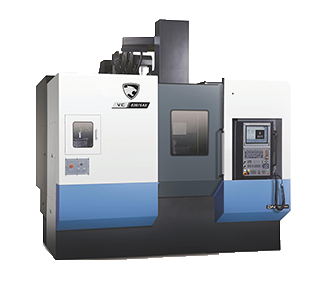
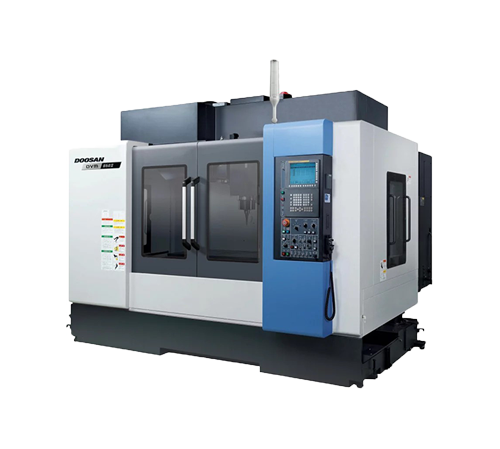
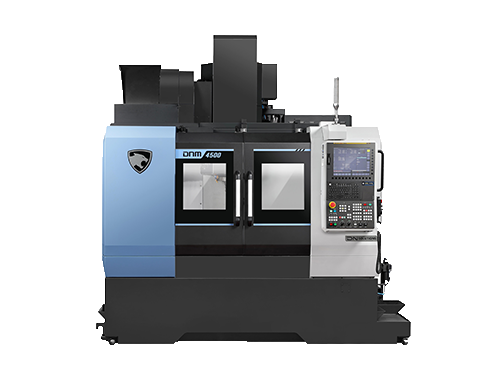


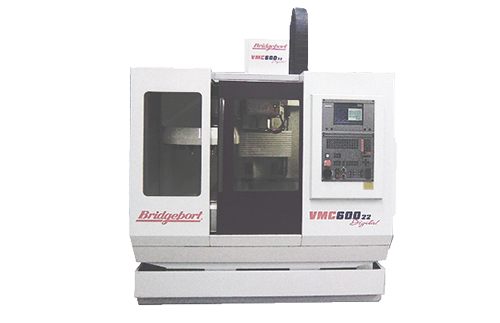
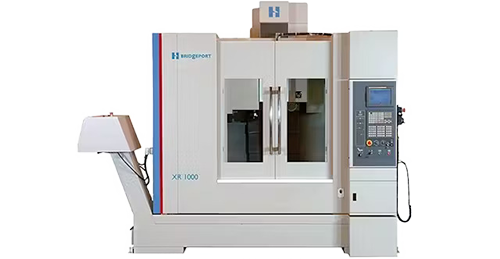
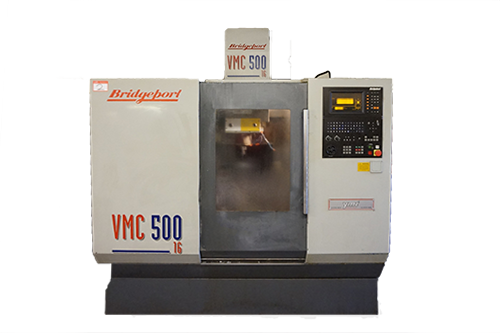
We can mill parts made from engineering plastics, aluminium, stainless steel, and other metals. Our CNC milling services cover a wide range of components and industries, giving you confidence in your part’s quality and performance.
Here are some examples of component types we regularly mill:




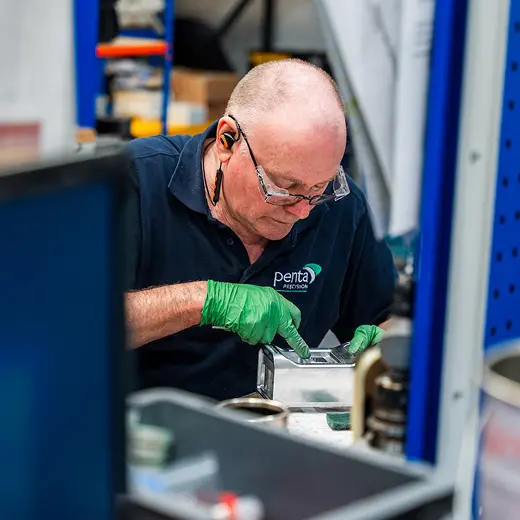
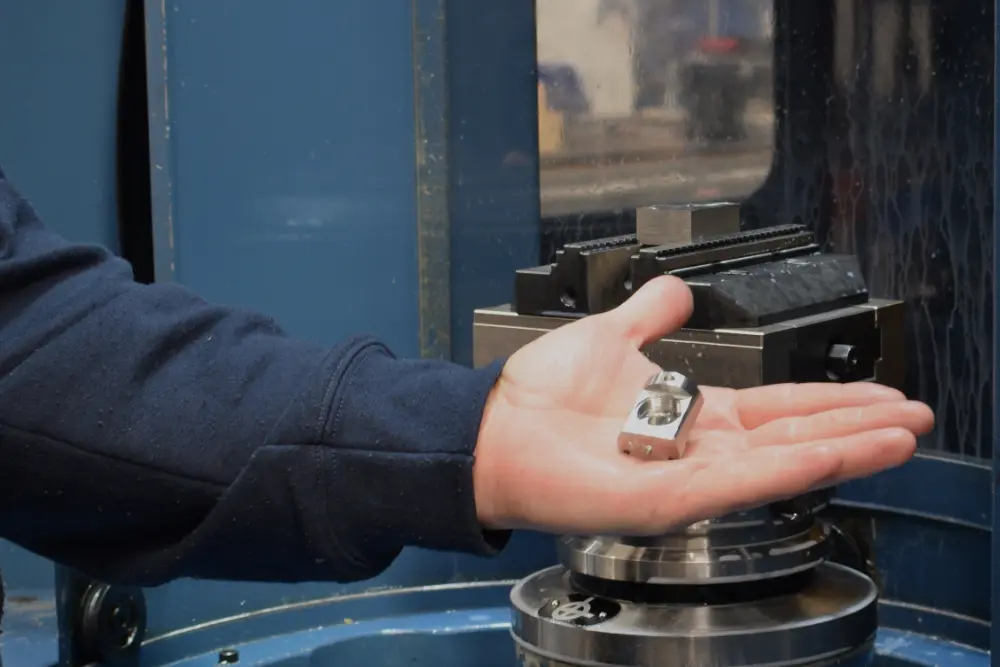
CNC milling has become a cornerstone of modern manufacturing. It plays a crucial role in producing precision components for industries like aerospace, medical, and defence. If you're sourcing parts that need to be exact, fast, and reliable, this is a process worth knowing. You'll discover what the CNC milling process involves, how different machines and operations are used, and what steps are needed to get started.
The cost of CNC milling depends on the material, complexity, and batch size. Prototyping tends to have higher per-unit costs, while production batches reduce cost per part. We’ll provide a clear, detailed quote based on your specific requirements.
We can machine one-off prototypes as well as large batch runs. There’s no strict MOQ, our prices are more competitive in high-quality production runs. We’ll work with you to find the most cost-effective and efficient approach.
Lead times depend on part complexity and batch size. Kanban or call-off orders, with the proper preparation, can be turned around in as little as a few days. We’ll always confirm timelines when we quote your project.
We accept 2D formats like PDF and DXF, and 3D models such as STEP or any format that’s compatible with CAD. You can also provide sketches or physical samples. We’ll confirm compatibility during the initial discussion.
We can machine small, detailed parts as well as larger components due to our range of machines in our workshop. Minimum sizes depend on tooling and tolerances for your design. Maximum sizes depend on material and weight of the finished part.
We’ll advise you on the best approach during the project review.